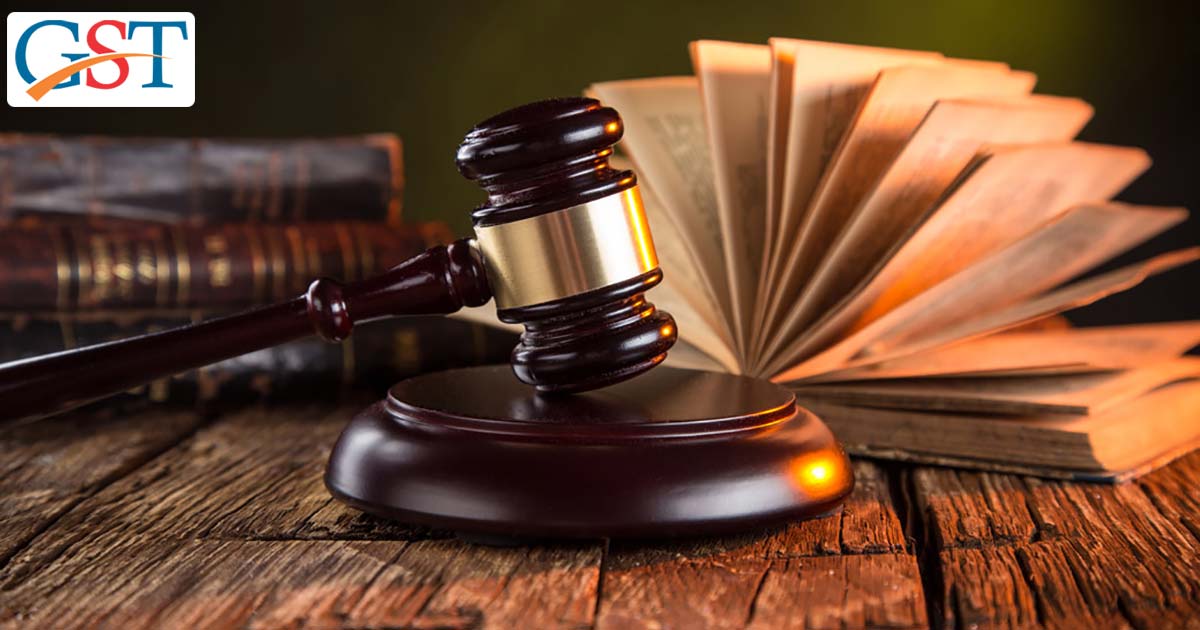In response to a plea filed by KTC (India), a travel & tour’s operator, against the Special Audit notice of GST, the Delhi High Court has recently issued a notice asking Centre to declare Rule 5A of the Service Tax Rules, 1994 as unconstitutional and inoperative. The said rule refers to the special audit right of GST commissioners.
In the notice, which was sent by a Delhi court bench headed by Justice S Ravindra Bhat and Justice Prateek Jalan, the court has argued that at the time of the merger of service tax with GST, some rules under section 174 were kept intact however that does not include rule 5A of special audit right.
Read Also: Easy Guide to Audit Provisions Under Goods and Services Tax with Complete Procedure
As of now, GST authorities have the right to special audit any firm. They can ask such firms to produce different kinds of documents, many of which come from different departments while some papers are nearly impossible to produce in time. This not only adds to the compliance cost but also in most cases leads to corruption and exploitation. The notice by the Delhi HC bench seeks a definite answer from the Centre and GST department in the plea filed by the corporate judicial.
Anurag Ojha, who filed the actual petition, said that Service Tax was introduced under Chapter A of the Financial Act 1994, where CAG and service tax commissioners were given the right to Special Audit under the Rule 5A. The rule was later rejected by the Delhi High Court in 2007, and eventually by Supreme Court. However, the government introduced it back in 2014 in the form of Rule 5 (2A) which again clear the way for authorities to conduct a special audit. It was against rejected by the High Court on the grounds of confusing rules about the fulfilment of underlying terms for the Rule.
Recommended: GST: Gujarat HC Seeks Reply From Govt Over ITC Claim Due Date
The plea filed by the petitioner has two arguments. First, they appealed that Rule 5A should have finished with the introduction of GST, even when it was provisioned to keep some of the section 174 rules intact. Second, the assessee should be given a chance to appeal or plea before the commissioner can order for Special Audit under the possibility of fraud or tax evasion.









